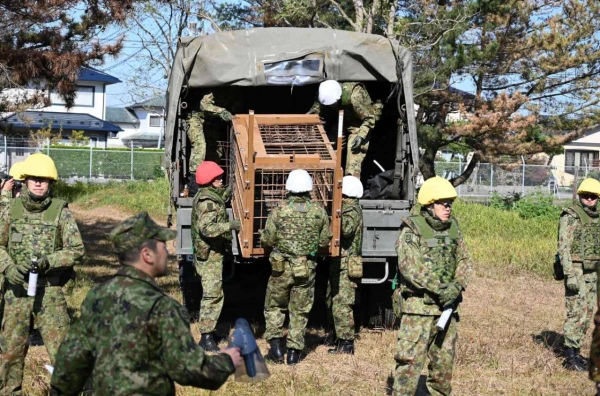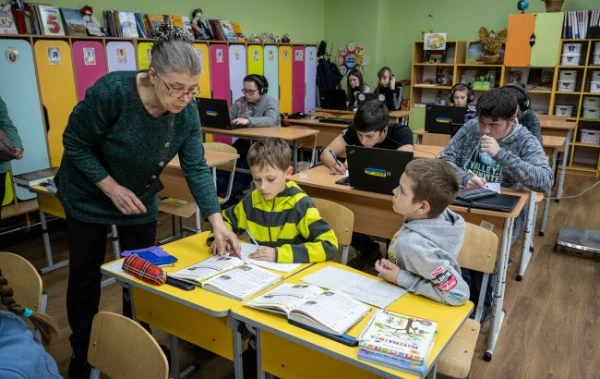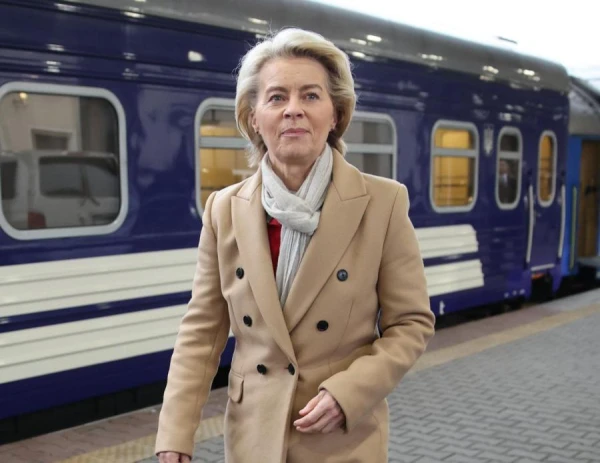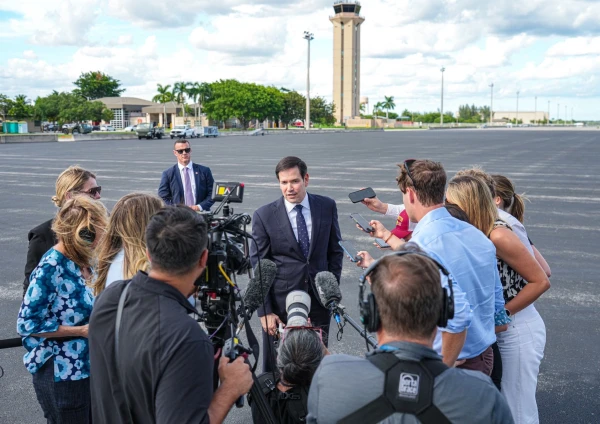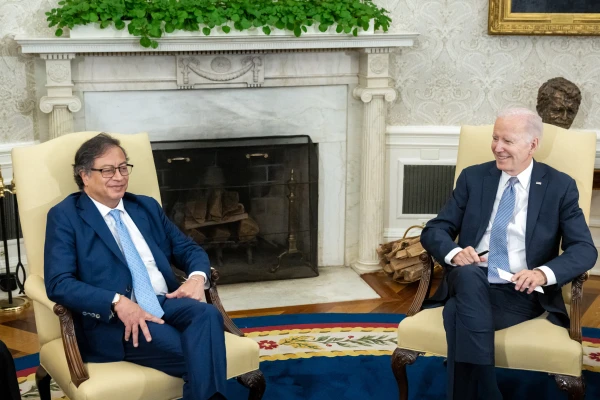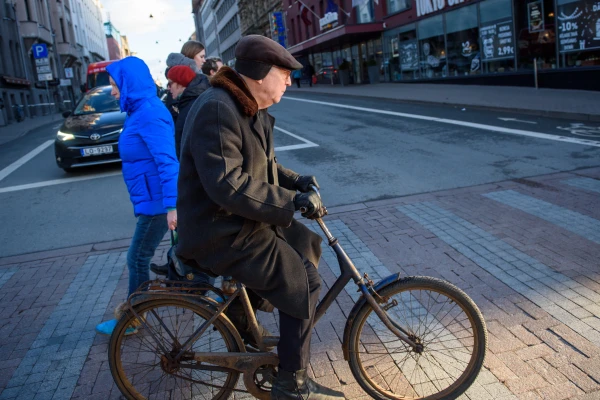
Olya is even willing to go to the first grade again, just to be enrolled.
In Moscow, eight-year-old Olya, who moved to Russia from Latvia due to the oppression of the Russian-speaking population, was not accepted into school due to her "insufficient level" of Russian language knowledge, the media reports.
According to the girl's mother, Victoria, Olya underwent testing for resettlement children, and the commission deemed that the child did not cope with the tasks.
At the same time, the parents spoke exclusively to the girl in Russian; she reads, writes, and even composes poems in Russian. Before the test, the schoolgirl worked with a paid tutor who stated that she has an excellent command of the Russian language.
Olya's mother, Victoria, her husband, and their children are Russian-speaking citizens of Latvia who have spoken Russian their entire lives.
"We were born and raised in Latvia, but we are all Russians! When we had children, we communicated with them exclusively in Russian; it is their native language. They hardly know Latvian. This became a problem when our eldest daughter Olya went to the first grade of a Riga school," Victoria told Regnum.
The teachers were outraged that the girl spoke only Russian and demanded that Olya be taught Latvian at home.
"We couldn't come to an agreement; the teacher stated that it was not her responsibility to teach my daughter Latvian. An absurd situation, considering that her specialty is Latvian language teacher," noted Olya's mother.
As a result, the entire first grade spoke Latvian with the Russian-speaking child as a matter of principle.
"With great difficulty, Olya completed the year and finished the first grade," Victoria said.
At the end of 2024, Victoria and her husband decided to move to Russia so that no one would prohibit their children from knowing and speaking Russian. According to Victoria, the family also decided to move due to the imposition of Western values and gender education on their children.
"In the spring of 2025, we submitted documents for a residence permit, and in the summer, we finally moved to Moscow," the woman said.
According to Victoria, immediately after the move, she began gathering the necessary documents to enroll her children in educational institutions. The younger daughter was accepted into kindergarten without any problems, but Olya was not accepted into school.
Several times, the application for admission to the second grade of a Moscow school was rejected due to documentation issues.
"My daughter has spoken Russian since birth, but we decided to be cautious and hired a tutor. They worked with her for several weeks—the tutor assured me that Olya knows Russian perfectly and that I have nothing to worry about. When our application was finally accepted, testing was scheduled for October 29," Victoria said.
A school representative reported that there would be two tasks for applicants to grades two through eleven—a written and an oral task.
According to those who tested the child, the girl was found to have an insufficient level of Russian language knowledge for schooling.
"What should an eight-year-old child know to be allowed to attend school? I don’t understand! And there are no explanations anywhere about this testing: what tasks are there, what is required from the children!" Victoria shared.
The woman decided to appeal the testing results and submitted an appeal. However, there has been no response to her application for two weeks. The retest is scheduled for three months later.
"Olya is even willing to go to the first grade again, just to be enrolled. The other day, I visited a school where they promised to try to accept our daughter for education, but the school also had to submit an application. If it is approved, Olya will have to undergo testing again, and this will not happen sooner than in a month," Victoria notes.
Earlier, a bill was introduced in the State Duma to abolish the language test for Russian-speaking migrant children.
In September, Rosobrnadzor reported that most underage foreigners were unable to confirm their knowledge of the Russian language for admission to Russian schools.
The Ministry of Education allowed migrant children to retake the Russian language test.

